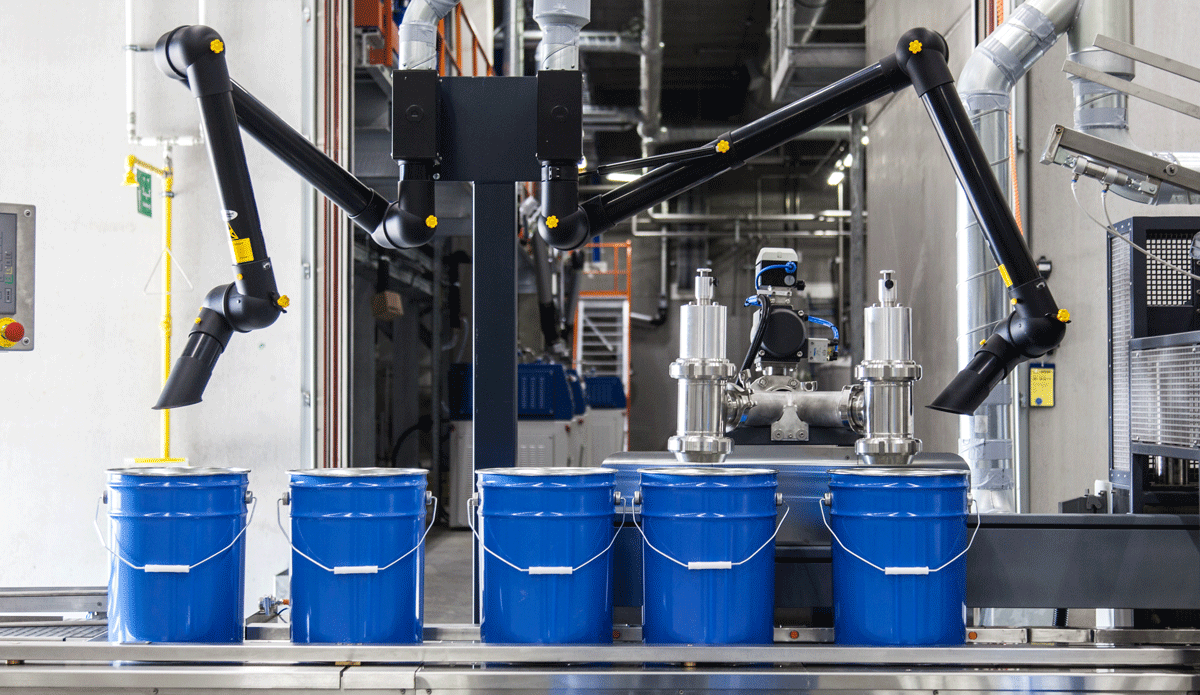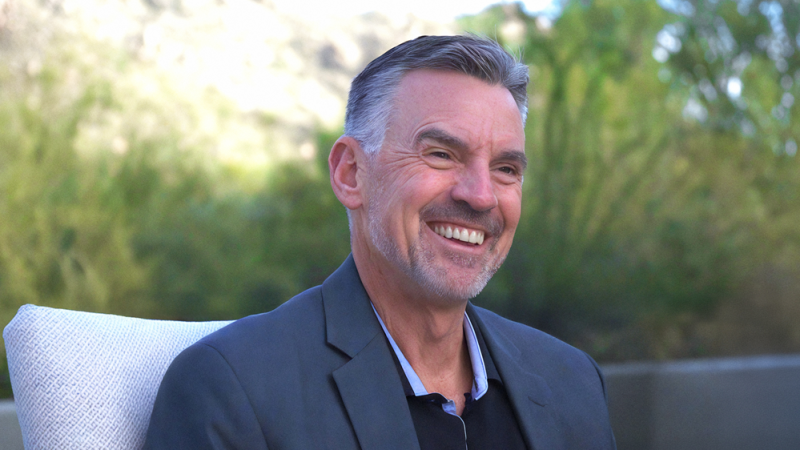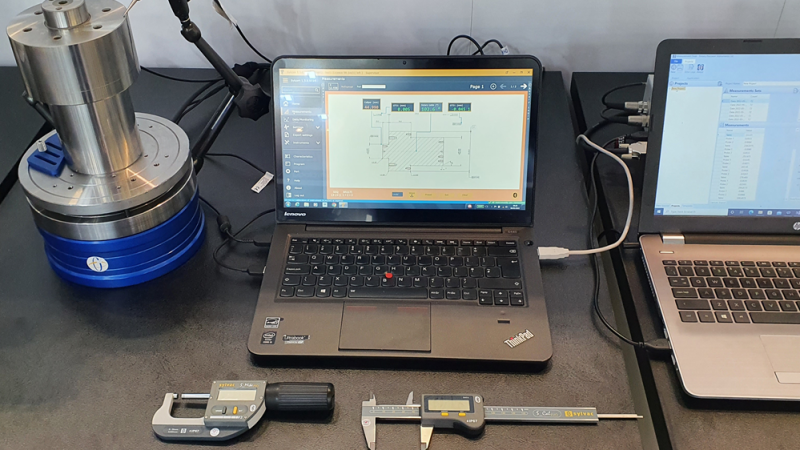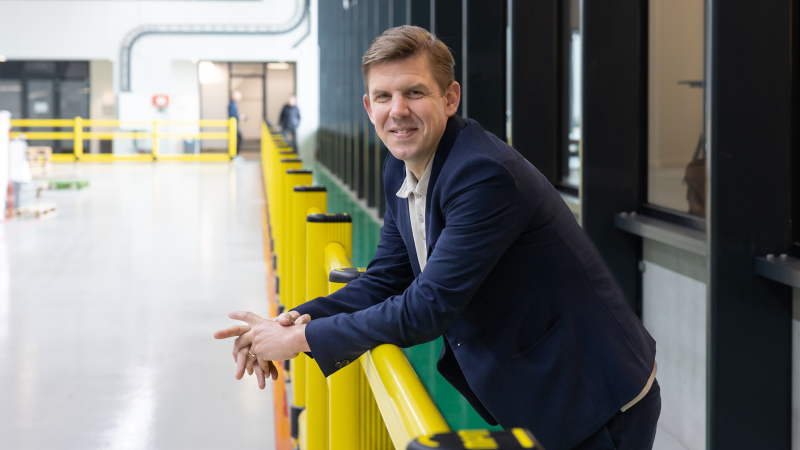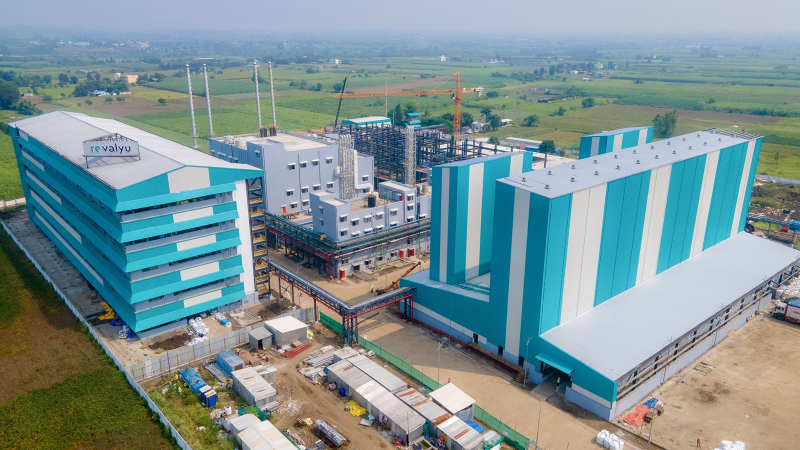Chugoku Marine Paints (CMP): Ships are essential for global logistics and over the last few decades, the focus on ensuring they operate in the most sustainable and eco-friendly manner has intensified. It is not only the materials used for their manufacture and maintenance that are now in the spotlight, but also the length of time during which they can operate smoothly without the need for any intervention that has become more important than ever before.
For a long time before the International Convention on the Control of Harmful Antifouling Systems on Ships came into force in 2008, Chugoku Marine Paints (CMP) was actively developing innovative technologies to provide antifouling performance with a tin-free basis for a fuel saving from ships.
The company draws on a century of experience in the marine industry. Established in Hiroshima in 1917, CMP has 14 factories around the world, offering its services from more than 105 locations. The company offers paints for large vessels, pleasure boats and yachts, marine containers, fishing boats, and fish nets; protective paints for anti-corrosive protection; as well as paints for building materials and woodworking; functional paints; heavy-duty paints; paints for plastics and more.
In 1993, a fully-owned subsidiary Chugoku Paints B.V. was established in the Netherlands, serving the European and Turkish markets. “Our European headquarters employs 150 people, and we focus on providing protective coatings, specifically for ship repairs, which account for about 95% of our business. The remaining 5% are coatings for industrial use, such as steel structures and the like,” explains Masaya Hata, Managing Director of CMP Europe, adding that his customers are mainly shipowners and shipping lines.
He further explains that customers demand long-lasting performance from ship coatings, and this is what the company provides. CMP’s protective coatings usually last five years and this is also one of the company’s competitive advantages. “Customers are happy with our antifouling paints as they ensure that vessels perform at their best.”
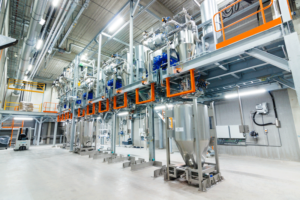 Energy-saving and long-lasting
Energy-saving and long-lasting
CMP is committed to meeting local regulation such as VOC (Volatile Organic Compounds) emission control and international regulation such as PSPC (Performance Standard for Protective Coatings, for dedicated seawater ballast tanks) regulation. Non-solvent/water-based paints are also products which contribute to environmental protection.
Meeting the demands of the regulations, Chugoku Marine Paints offers a product portfolio including a range of premium antifouling solutions that will improve high-efficiency hull performance when compared to existing antifouling coatings.
CMP’s SEAFLO NEO series, based on in-house developed and patented technology, was launched in 2010. It generates an ultra-low-friction hull surface, reducing the absolute CO2-emissions of the vessel as well as minimizing the CO2-emissions throughout the service interval of a vessel via its antifouling properties, using an optimized biocide package.
SEAFLO NEO CF PREMIUM uses an innovative technology crosslinking zinc acrylate polymer with the active agents. This high-performance coating developed by CMP has been widely used for various types of ships as one of the premium products in worldwide operations.
According to industry analysis, there is an increased demand from shipowners and charterers for high-performance antifouling coatings to maintain a clean hull during operations and to avoid underwater cleaning. Vessels with all types of operating patterns today require a premium coating, and the demand is further accentuated by the initiatives for carbon reduction and increased vessel efficiency.
“In recent years, customers have been requesting silicone antifouling which is becoming popular in the current marine market. To meet the demand, we have launched CMP BIOCLEAN PLUS, a foul-release coating of a new generation. Thanks to its newly designed “PLUS Technology”, the product resists and releases slime, improves vessel’s performance and contributes to fuel savings,” says Hata.
Efforts to make ships environmentally compliant through a reduction in greenhouse gas emissions represent a business opportunity for CMP. “We use safe and eco-friendly ingredients in our paint as much as possible, have reduced the quantity of solvents and metal oxides. Of course, a biocide-free product range is the objective for the near future,” says Hata, affirming that sustainability is a priority for the whole company, which is now preparing its first Sustainability Report, to be released next year.
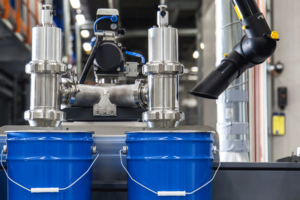 New challenges, new opportunities
New challenges, new opportunities
The increased focus on environmental protection brings new challenges. Hata explains that the vast majority of marine anti-fouling products include biocides and similarly to its competitors, the company is now facing a major challenge driven by the EU’s Biocidal Products Regulation (BPR, Regulation) that bars the application of marine paints that contain biocides.
Developing biocide-free products that offer the same performance is a major task, he admits. “Our R&D facility in Japan is working hard to come up with an alternative, as our European customers have been requesting more eco-friendly products in recent years. We have to follow the demand for high-performing antifouling coatings with less biocide or biocide-free solutions.”
Still, by making vessels operate longer, the company is already contributing significantly to a greener marine sector. As shipowners now face increasing pressures to reduce CO2 emissions, demand for CMP’s products in Europe is increasing, says Hata, pointing out that one of the ways to operate in line with the new environmental regulations is to limit vessel speeds.
“Reducing the operational speed of ships multiplies the positive effects of an energy efficiency index, as it results in burning less fuel and therefore emitting less CO2 and other greenhouse gases. As it takes more time to deliver cargoes, shipowners increase a number of ships to maintain the same level of service. This leads to increased demand for our paints. We are very busy right now,” he says.
As the ship-repair sector is expecting strong demand, spurred on by the response to GHG emission controls and other ship-related environmental regulations, Chugoku Marine Paints is set to continue to provide high-performing and innovative coatings that will contribute to improving the fuel efficiency of ships, leading to lower fuel consumption and CO2 emissions in the long term. This will help the company to progress on its journey to becoming a leading coating provider for the maritime industry worldwide.
